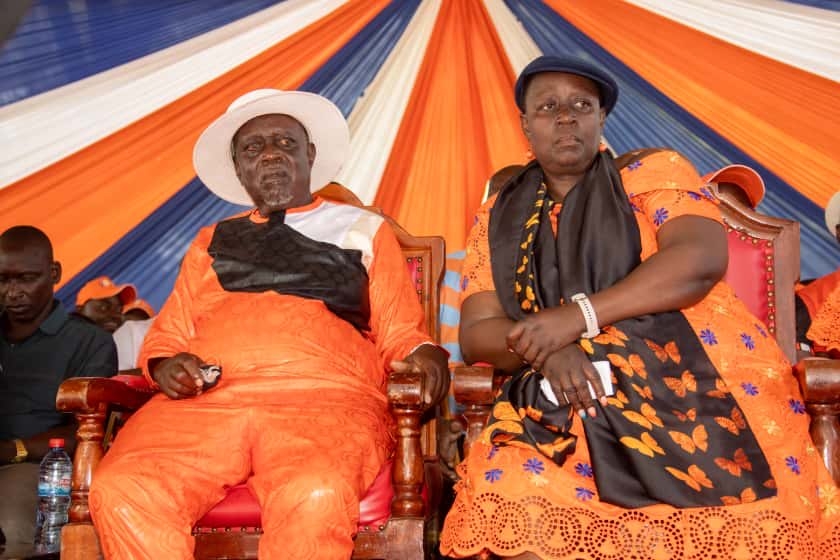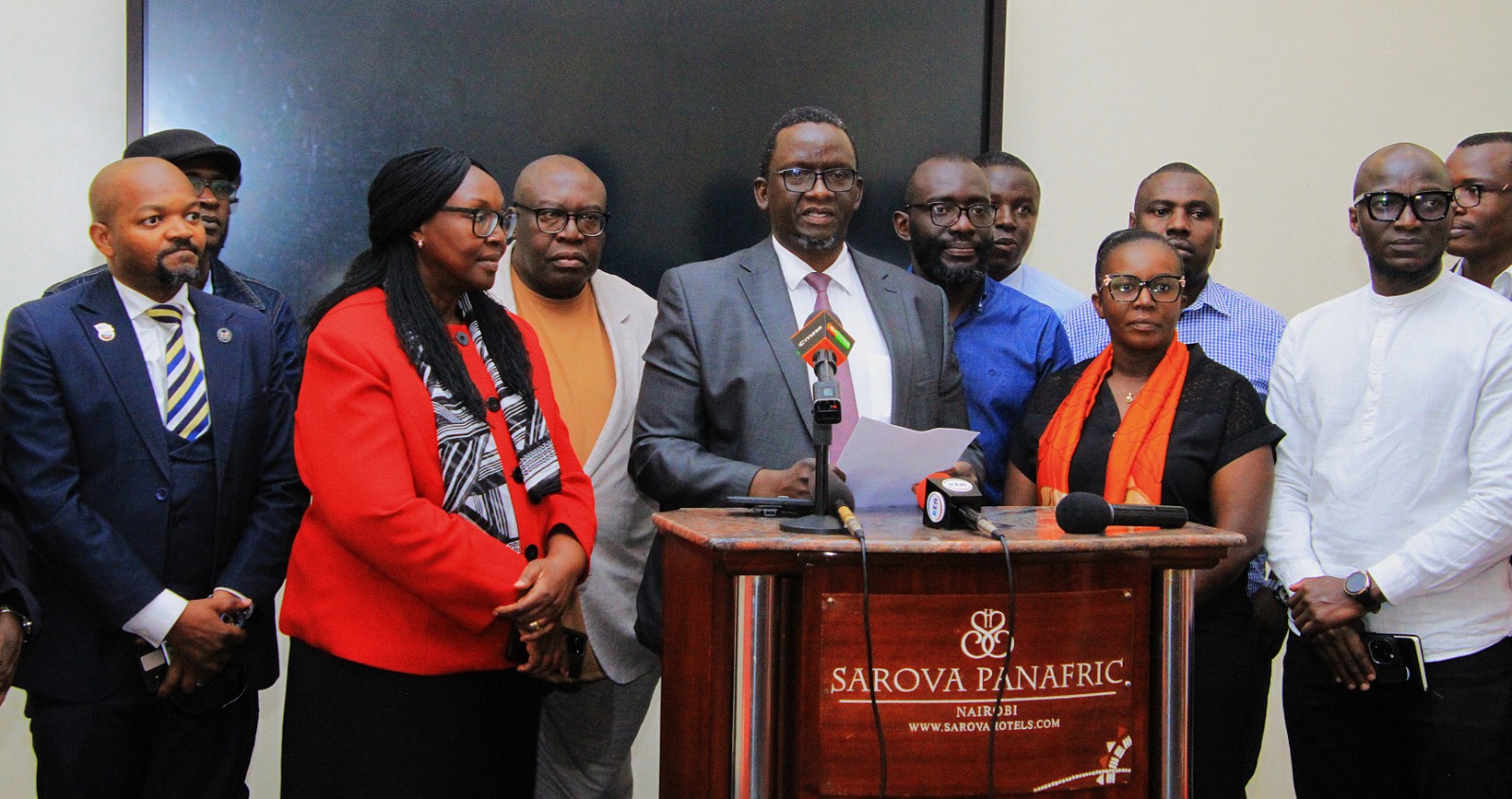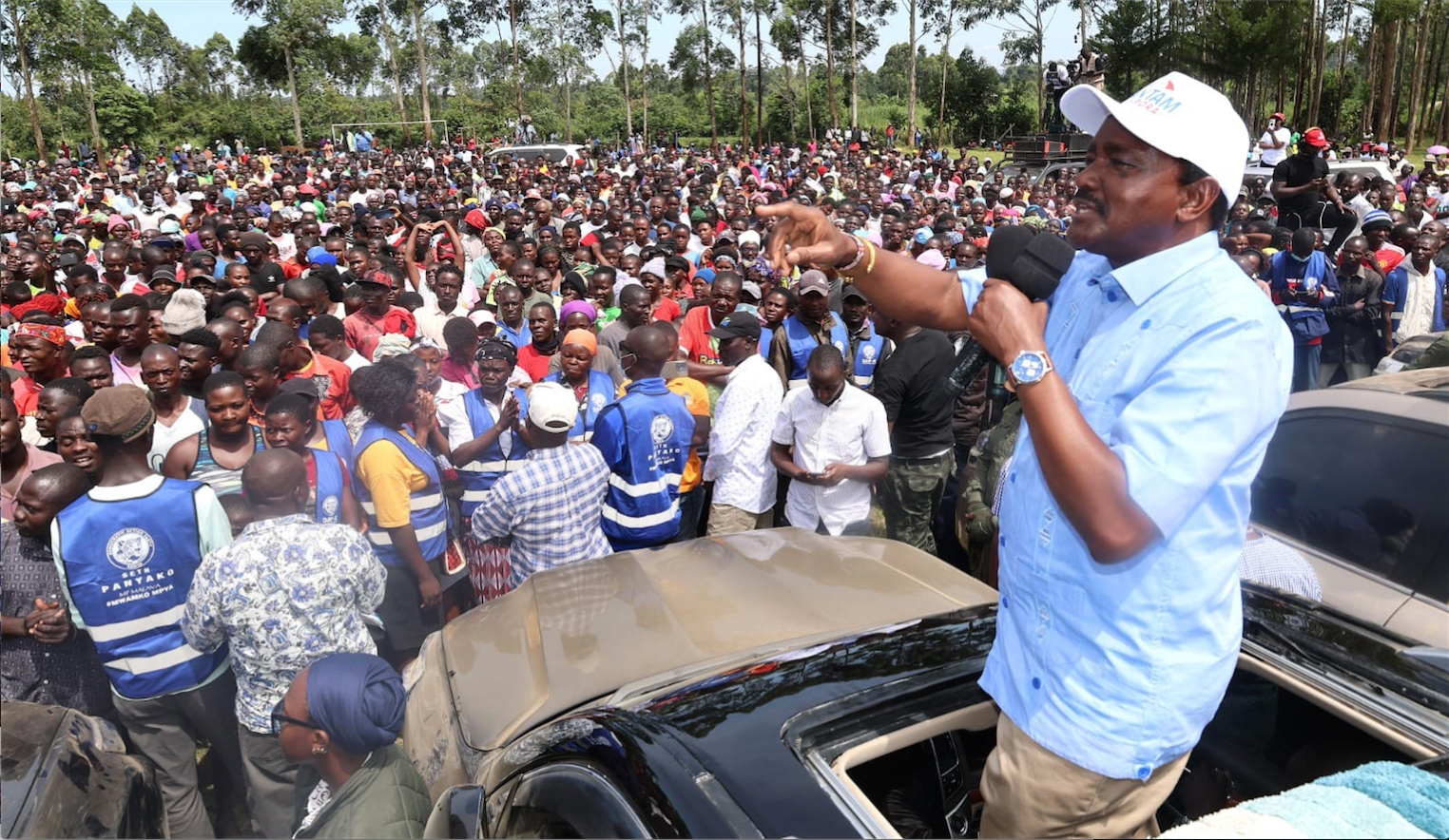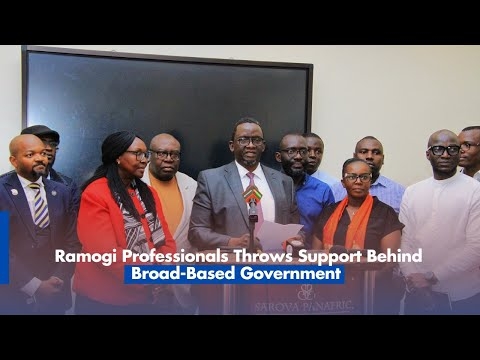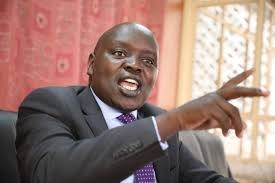President William Ruto’s administration has hit government suppliers and contractors with a new levy in recent regulations gazetted by Treasury.
All procurement contracts signed between suppliers and procurement entities will now attract a levy at the rate of 0.03 per cent of the value of the signed contract.
This means that for a Sh1 billion tender, one will pay Sh300,000 to the government.
This is besides the taxes.
“The purpose of the levy shall be to provide funds for the development of capacity through training, technical support and mentoring of the persons involved in public procurement and asset disposal,” the regulations read.
The rules, drawn by National Treasury CS Njuguna Ndung’u , add that this is “…in order to facilitate the achievement of value for money in public procurement and enhance the quality of public service”.
Where contracts are to run for many years, the procuring entity would be required to ensure that the full amount of the levy is determined on the total procurement contract price.
“…and shall be progressively deducted and remitted accordingly,” the rules read.
Local purchase orders and local service orders shall be deemed as contracts – as and when applied.
“A procuring entity shall deduct the levy from the contract value at the time of making payments for such contracts,” the regulations read.
State agencies would be required to remit the funds to the Patrick Wanjuki-led Public Procurement Regulatory Authority, or its authorised agents.
The regulations would require the concurrence of the National Assembly’s Delegated Legislation Committee before they come into force.
“A person who fails to comply with the provisions of this paragraph shall be liable to payment of a penalty equivalent to five per cent of the unpaid funds for every month the same remains unpaid,” they read.
The Institute of Economic Affairs reported recently that the compliance rate of public procurement regulations is low.
The think-tank said its estimations showed less than 20 per cent of entities adhere to the laws governing procurement at state agencies.
PPRA has cited budgetary constraints in its attempt to streamline public procurement, saying it receives Sh370 million annually against a budgetary requirement of about Sh1 billion.
If the proposed rules are adopted, agencies that fail to remit the levy would be deemed to owe the procurement regulator a civil debt “recoverable summarily by the director general or a person duly authorized by the director general”.
Suppliers who make excess payments to the regulator will not get a refund.
“Where a procuring entity has made an excess payment of the levy amount due to the Public Procurement Regulatory Authority, the payment shall be deemed to be a pre-payment of the Levy payable in the subsequent months,” the regulations read.
However, contracts that are fully funded by development partners – donors, shall be spared the levy.
The regulations have been drawn at a time when contractors are grappling with non-payment of pending bills, subjecting many of them to a serious financial mess.
A committee which was formed by the government to review the bills, which stood at more than Sh650 billion, is yet to issue any brief on its findings.
During the review of this year’s budget, Treasury PS Chris Kiptoo said the team led by former Auditor General Edward Ouko was expected to issue a draft report.
“The committee had come up with the first draft recently [May] but the main report is likely to be published in October,” he told the Budget committee.
The new regulations are among the tough rules the procurement regulator has imposed on contractors lately.
In further controls, the state warned companies and suppliers against paying their workers meagre salaries.
PPRA directed national and county government entities to rate companies and supplies according to how they treat their employees.
It set that contractors found guilty of paying their workers below the minimum wage would lose their tenders immediately.



